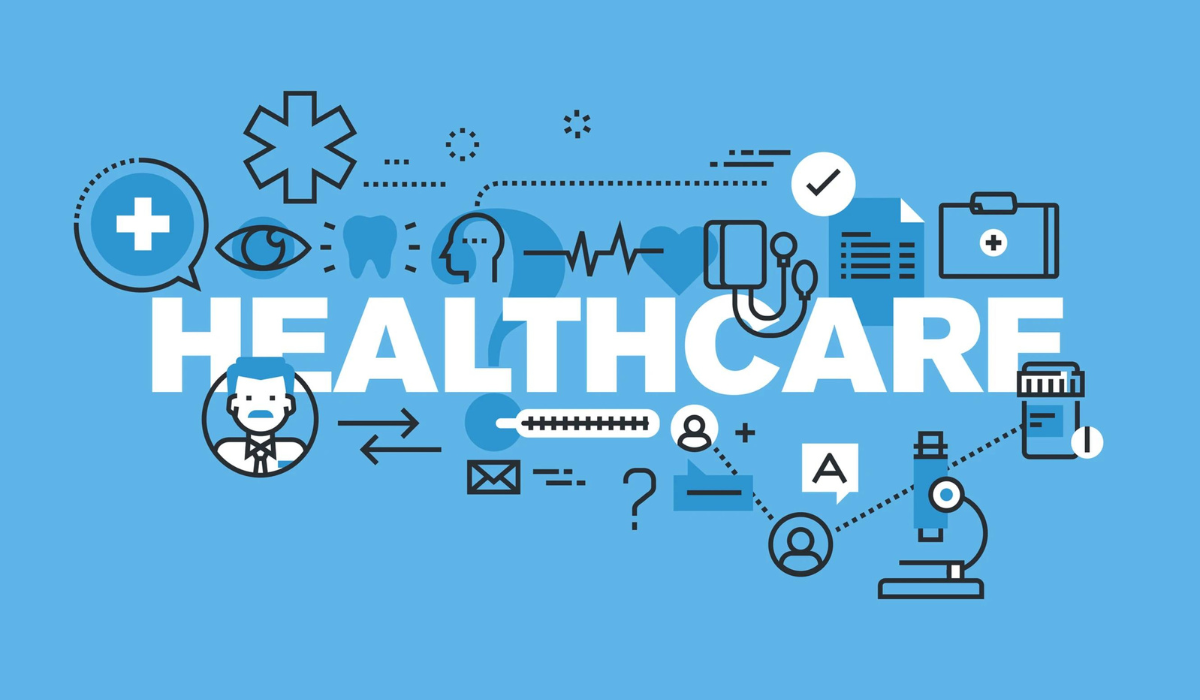Artificial Intelligence (AI) is making a big impact on how patient care is managed and delivered
in the healthcare sector. With the help of healthcare AI consulting, medical institutions are
finding new ways to improve treatment, enhance patient experiences, and increase operational
efficiency. This article explores how AI is transforming patient care and what benefits it brings to
the healthcare industry.
Improving Early Diagnosis and Detection
AI plays a crucial role in improving early diagnosis and detection of diseases. By analyzing vast
amounts of medical data, AI systems can identify patterns and symptoms that may not be
obvious to human doctors. For instance, AI tools can analyze medical images, like X-rays and
MRIs, to detect early signs of diseases such as cancer, allowing for earlier intervention and
better outcomes. The ability to diagnose conditions at an earlier stage helps healthcare
professionals provide more effective treatment plans, which can lead to higher survival rates
and better patient care.
Enhancing Personalized Treatment Plans
Personalized treatment is another area where AI is revolutionizing patient care. Every patient is
unique, and AI can analyze individual data—such as medical history, genetics, and lifestyle—to
create customized treatment plans tailored to each person. Using machine learning algorithms,
AI systems can predict how patients respond to different treatments, helping doctors choose the
most effective options. This approach reduces the trial-and-error method often seen in
healthcare and leads to more accurate and personalized care, ultimately improving patient
satisfaction and health outcomes.
Streamlining Administrative Tasks
In addition to improving medical care, AI is also helping healthcare facilities streamline their
administrative tasks. Hospitals and clinics are often overwhelmed with paperwork, scheduling,
and billing processes, leading to delays and errors. AI-powered tools can automate these
repetitive tasks, reducing the burden on healthcare staff and allowing them to focus more on
patient care. For example, AI can help with appointment scheduling by predicting patient no-
shows and suggesting optimal times for appointments, leading to better resource use and more
efficient operations.
Supporting Remote Patient Monitoring
Remote patient monitoring is becoming more common, and AI is making it more effective. AI
tools can analyze data from wearable devices and mobile apps to monitor patients’ health in
real-time, especially those with chronic conditions like diabetes or heart disease. This
continuous monitoring allows doctors to quickly detect changes in a patient’s condition and take
timely action. Remote monitoring helps manage patient health more proactively and reduces the
need for frequent hospital visits, making healthcare more accessible and convenient for
patients.
Sand Technologies states, “Combining cloud and connectivity with AI-enabled hardware and
software, healthcare workers can also reach citizens wherever they live, from remote locations
to less-connected neighborhoods. This approach improves both access and outcomes for
patients who might not otherwise receive the care they need.”
Assisting in Drug Discovery and Development
AI is also revolutionizing the way new drugs are discovered and developed. The traditional
process of developing new medicines can take years and cost significant money. AI can speed
up this process by analyzing data to predict how different chemical compounds will interact with
diseases, helping researchers identify potential drug candidates more quickly. By using AI to
sort through vast amounts of biological data, pharmaceutical companies can quickly bring new,
effective treatments to the market, benefiting patients who need them the most.
Integrating healthcare AI consulting into the medical field transforms patient care in various
ways, from early diagnosis to personalized treatment and remote monitoring. By streamlining
administrative tasks and speeding up drug discovery, AI makes healthcare more efficient and
patient-focused. As AI technology evolves, its impact on healthcare will likely grow, providing
even more innovative solutions to improve patient care and outcomes across the industry.

